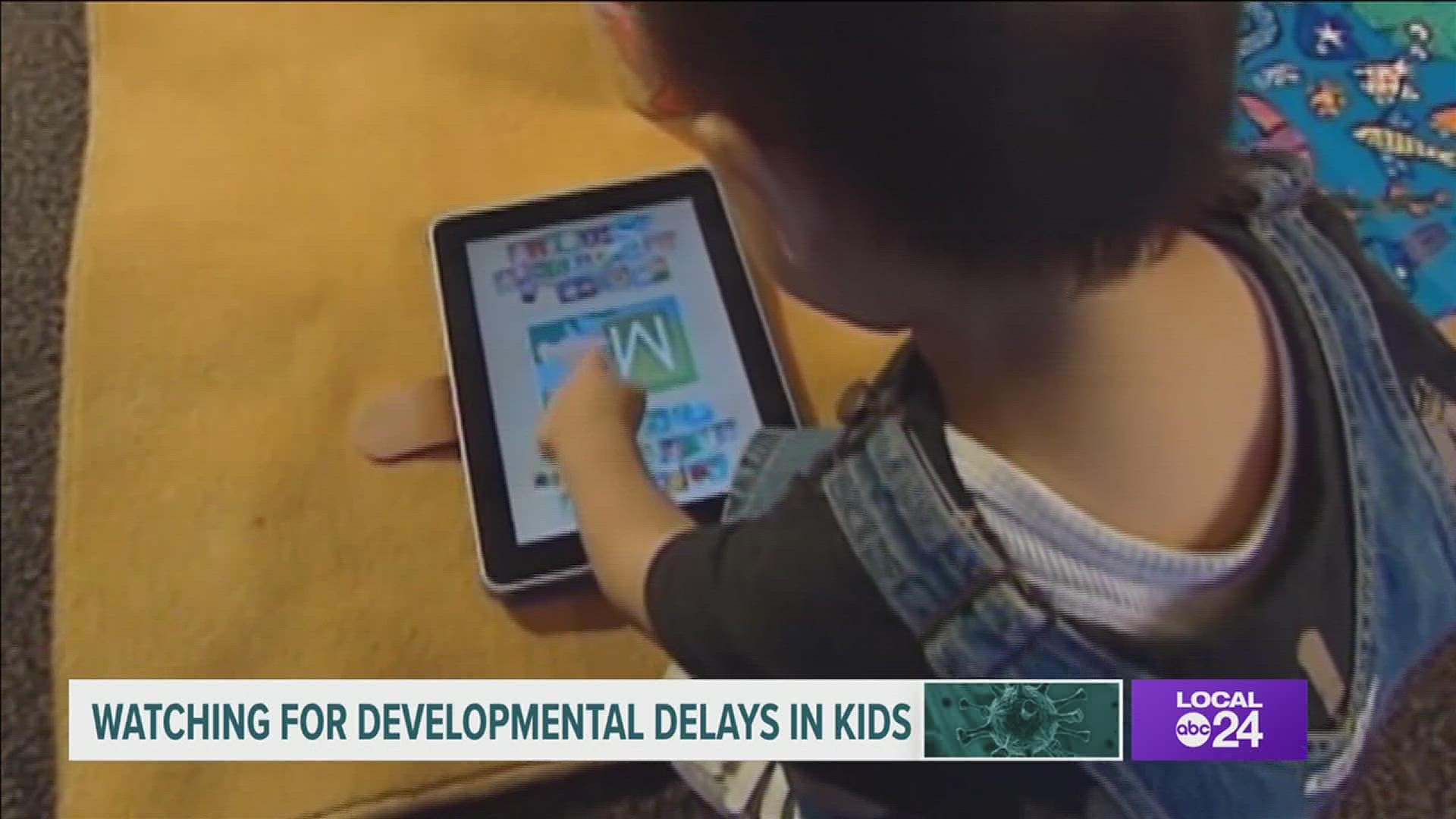MEMPHIS, Tenn. — The pandemic will certainly have a lasting impact on many as we go forward.
We're taking a deeper look into what some mental health professionals are describing as "COVID Kids."
COVID-19 has left many questions in the air - particularly as it relates to child behavior and social skills.
“What do you think we’re seeing? Are we really seeing a child that’s delayed? Is this just the effects of COVID,” asked Heidi Hosick, Team Autism Memphis Co-Director.
Hosick has already seen what she and others call "COVID Kids."
"We have our COVID kids," said Hosick. “We have a year and a half of children now who have not been able to have the typical experiences that other children have had during development.”
Children are facing developmental delays, commonly in speech and language.
“If you’re looking at a child that’s three, two to three, you think half of their life has been in a pandemic. When you look at it proportionately, you think, ‘Hmm. There’s a good reason that their skills are not where a 3-year-old would have been prior to the pandemic',” said Hosick.
Doctors have been paying close attention.
“We’ve seen a good number of referrals that pediatricians are on guard because they’re seeing development slow down,” said Hosick. “It doesn’t mean that this child has some type of disability all of a sudden. It just means that they need a little bit of time.”
When it comes to kids who have autism, therapists are also having challenges seeing patients.
“The psychologists are really behind on appointments," said Hosick. "Because of the social distancing, it was really hard for them to test children early on.”
The other issue kids are facing is anxiety, especially when the future is unknown and can change at any minute.
“That anxiety is driving what looks like a developmental delay. They may or may not also have that, but we’re helping them through that anxiety,” said Hosick.
What can parents do to address these feelings?
“Validating what your child is thinking helps to go a long way. That validation helps a child to know that it’s okay to feel this way. That emotional, that ability to rationalize through those emotions, to reason through it, is what’s really challenging for children,” said Hosick.
In the end, there is still hope.
“I do think the majority of all of us will bounce back,” said Hosick.

